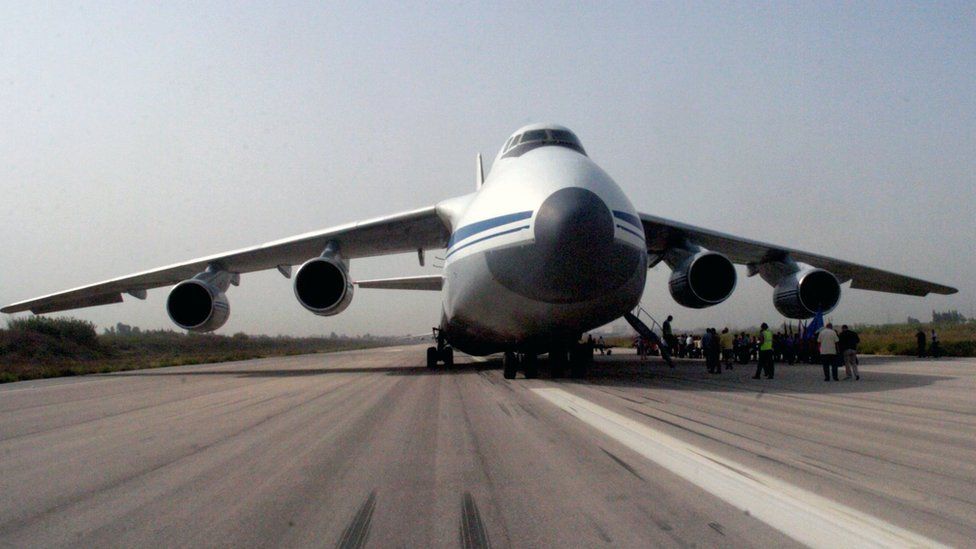
Photograph by AFP
Minority groups in the Middle East who have been at the front lines against the war on terror have benefited from airstrikes in Iraq and Syria against strategic targets. While air strikes are effective to a certain degree, in a strategic sense they are tantamount to precision artillery. Artillery is there to support troops on the ground as opposed to dominating a battlefield by their sole application in a battle. Without material help using ground forces, groups like the Kurds, Yazidis and Arab Christians fight hard to achieve a stalemate in many cases. Help in the form of heavy weapons or added troops have been supplied in scarce amounts from Western countries, even though a defeat for those communities means almost certain slavery or death.
For many groups in Syria and Iraq, assistance in their fight to survive has come too late on almost every occasion. The hopelessness of many currently migrating to Europe comes from the realization that help on the ground is inefficient in keeping some of the oldest cultures alive, and there has been little to no attention given in Western media to the reality that with ancient structures, ancient cultures made up of real people are also becoming extinct.
When assistance has been given, it is often turned into an internal political issue in Western countries. This was addressed by a Kurdish community leader in Toronto who praised the Canadian government for its help with Kurds in Kobani. He highlighted the issue of why more help is not given to Kurds in Syria and Iraq. In his statement, he took aim at opposition leaders in Canada who want to remove all military help for the Kurds, yet wish to gain a job in government by falsely claiming that Canada has done nothing to help. The false narratives and lack of attention on the ground results in Kurdish fighters having little to no heavy weapons, which may result in their ultimate defeat.
The gaps in addressing issues in a reasonable time frame coming from the West since 2009 has done little to help minority communities in the region fight for their political freedoms and existence. With small militias from the region getting limited support on the ground, and the Iraqi army and their Iranian advisers also fighting to a stalemate, the only force in the region that can work as an effective heavy combat force continues to be the Syrian army of Bashar al-Assad. When a chemical attack pulled together Western powers to launch an assault on the Assad government, Russian diplomats negotiated the elimination of chemical weapons in Syria to keep the West at bay. Recently, Russia announced they would give ground support to the Syrian army, betting on the fact that the Syrian army will be the most capable fighting force to gain back ground in Syria.
Despite condemnation from the White House, Russia has decided to fill the gap that the West has left in combating threats in Syria. With limited support having a minimal effect in Syria and Iraq, Russian help and even Russian personnel may be the only option left for the West if they do not want to move beyond air strikes and equip minority groups fighting for their survival in Syria and Iraq. The obvious gap in assistance coming from the Obama administration has brought Russia closer to the Middle East. Western leaders would be hard-pressed to criticize Russia when their efforts have been so lackluster on almost every occasion.
With a defeat of the more dangerous groups by a Syria-Russia alliance, the West can decide whether or not to deal with Assad afterwards with whatever leverage is left. Until Sunni Arabs have a secure place in their traditional lands in Iraq and Syria, it is likely that the region will remain in a state of permanent revolution.